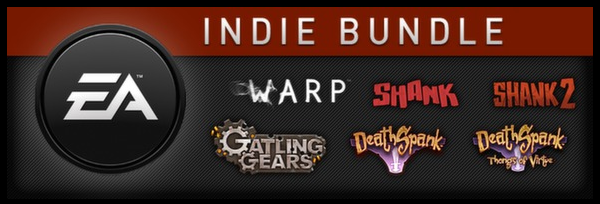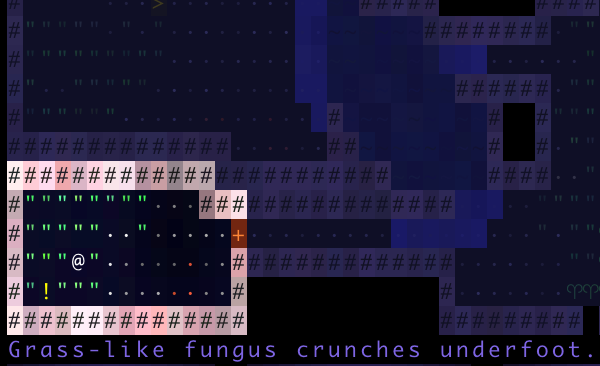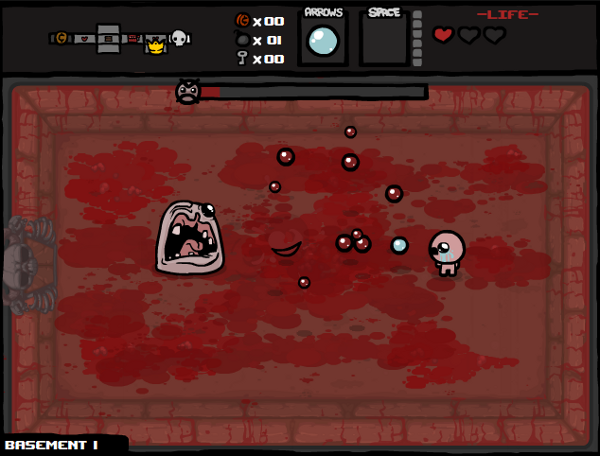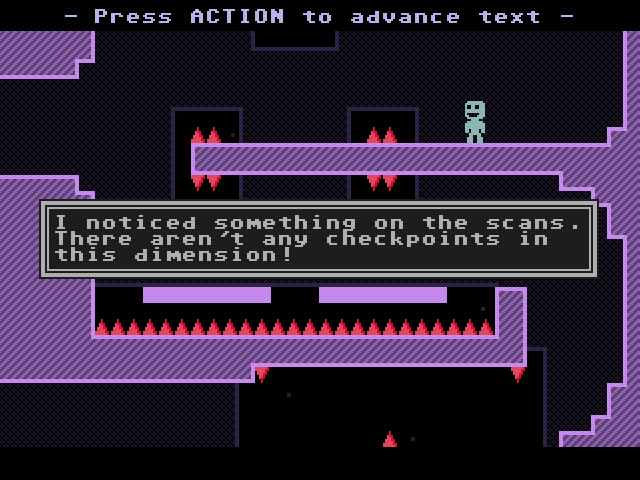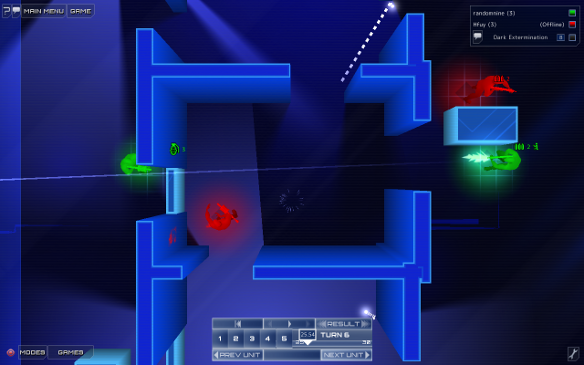Focused on contract work for the next few weeks, so updates are going to be a bit quiet. More info on Vigilance when something happens with it.
So. Here are a few quick indie game recommendations:
Don’t Take It Personally, Babe, It Just Ain’t Your Story is a “visual novel” type game about Facebook and privacy, told through high-school drama.
After a possibly ill-advised mid-life career change, your character starts work as an English Literature teacher. He is immediately given full access to his 16-year old students’ social network accounts and private messages and told to monitor them to watch out for bullying. Now, the game forces you to at least open all these messages, but the real question is: how comfortable do you feel doing so, and how comfortable are you acting on or sharing the private information you’ve accessed?
Beyond that, the way the story is told simultaneously in front of you and through social network messages means you’re constantly distracted from the action to keep on top of miscellaneous chatter. I found myself back in a conversation, unable to remember what had just been said, more than once. That hit a bit too close to home. Maybe I should close Twitter more often…
It’s not perfect, but it’s a powerful story that raises a few interesting issues between the 4chan riffs and winking lectures on metafiction.
Once you’ve played that, next up is Scorpion Psychiatrists of Saturn. This game’s a satirical mash-up of the above with Lesbian Spider Queens of Mars (itself a fairly pedestrian arena arcade game). It’s a bit of a fiddle to get it running, but it neatly skewers DTIPBIJAYS’s woollier aspects. GOOD WORK, apparently anonymous yet hilarious developer!
Okay BACK TO TWITTER
